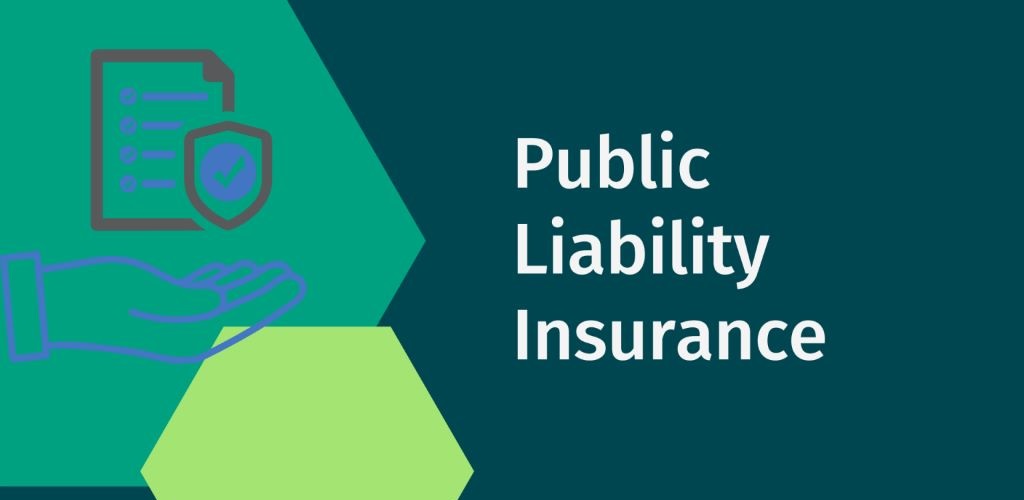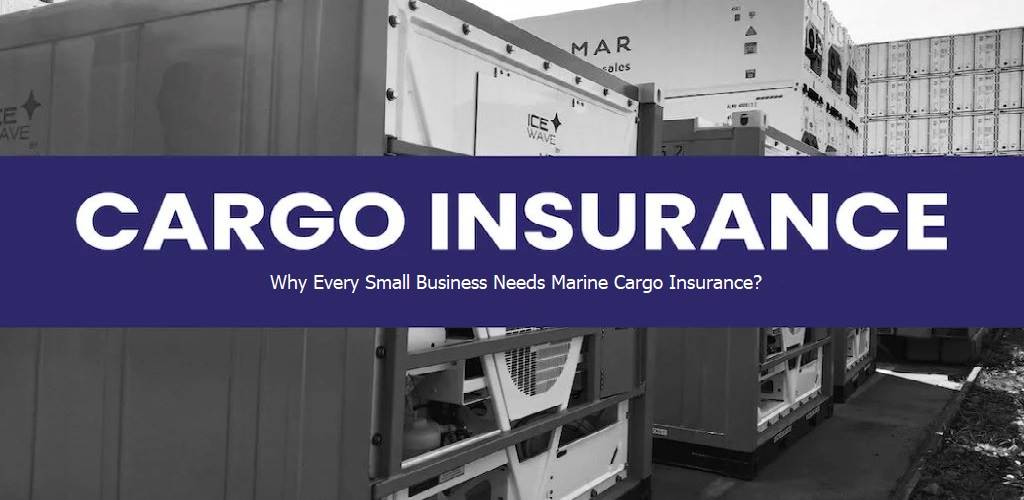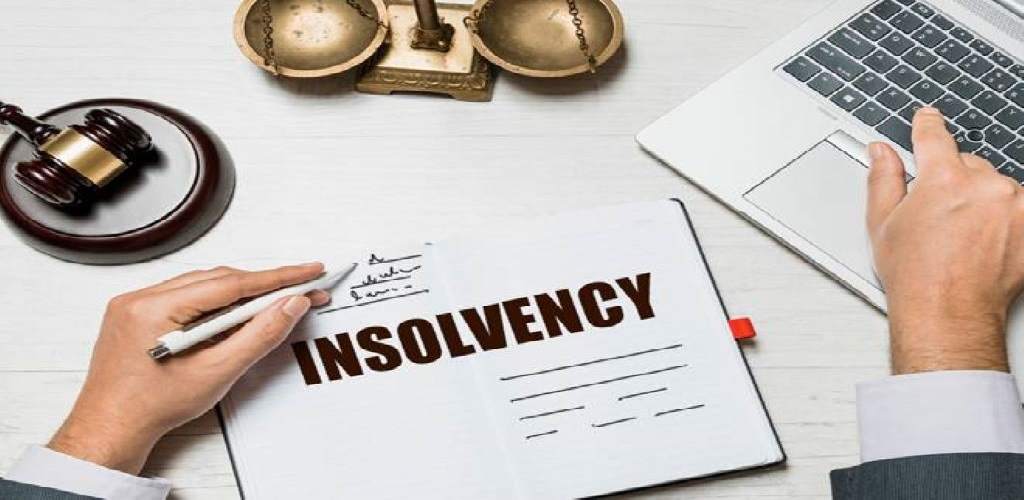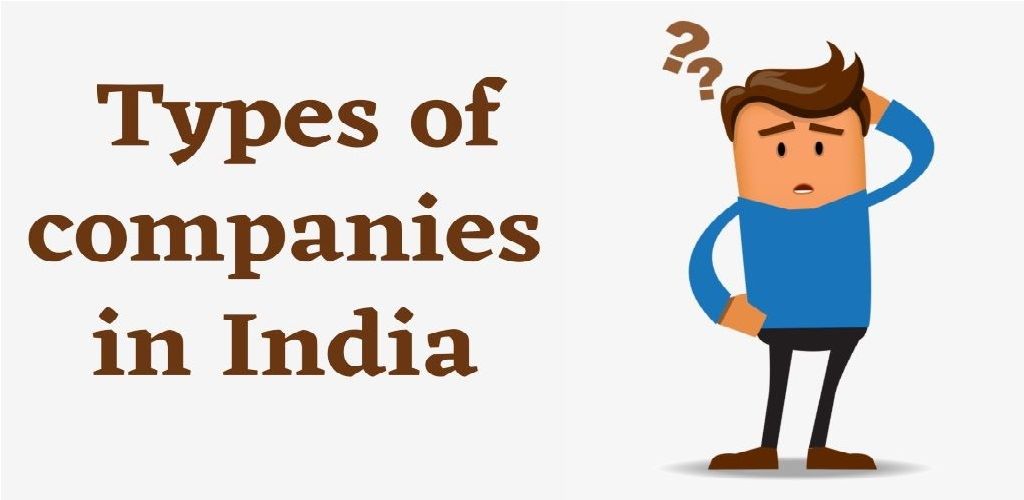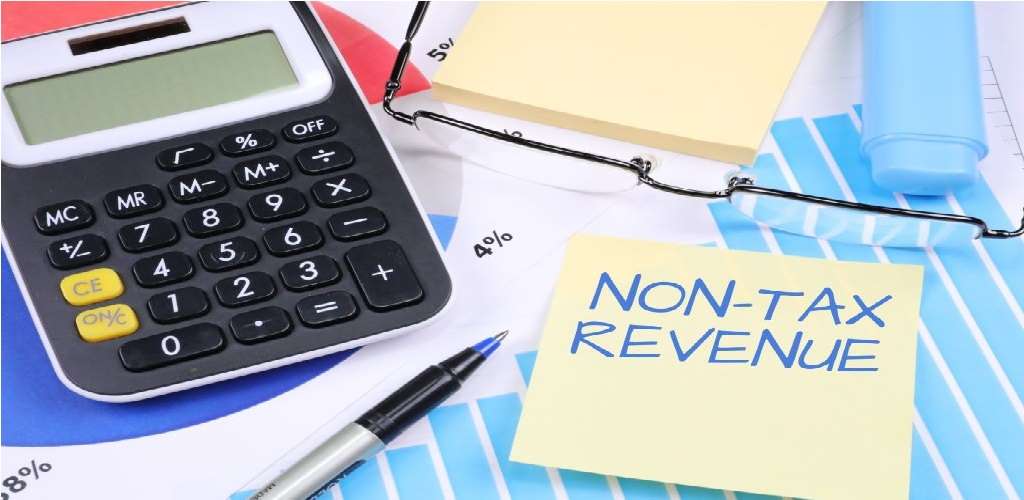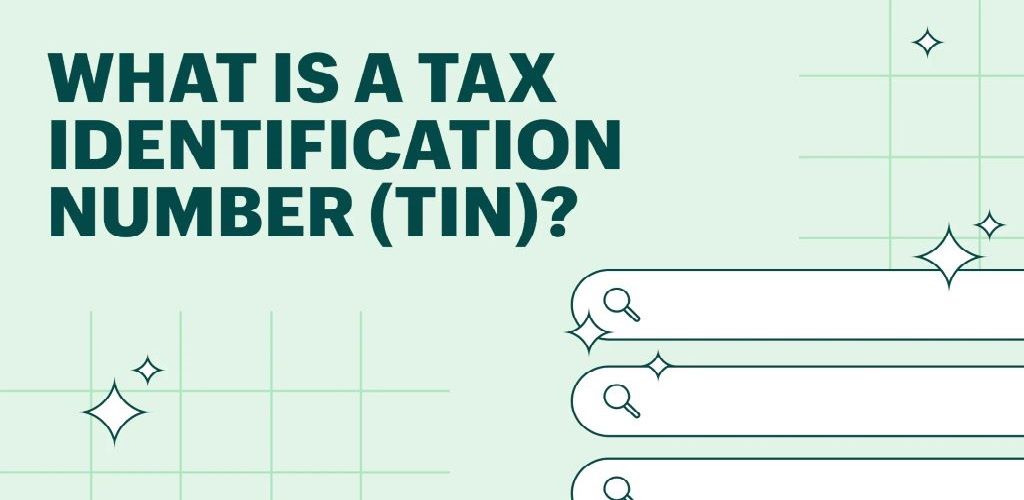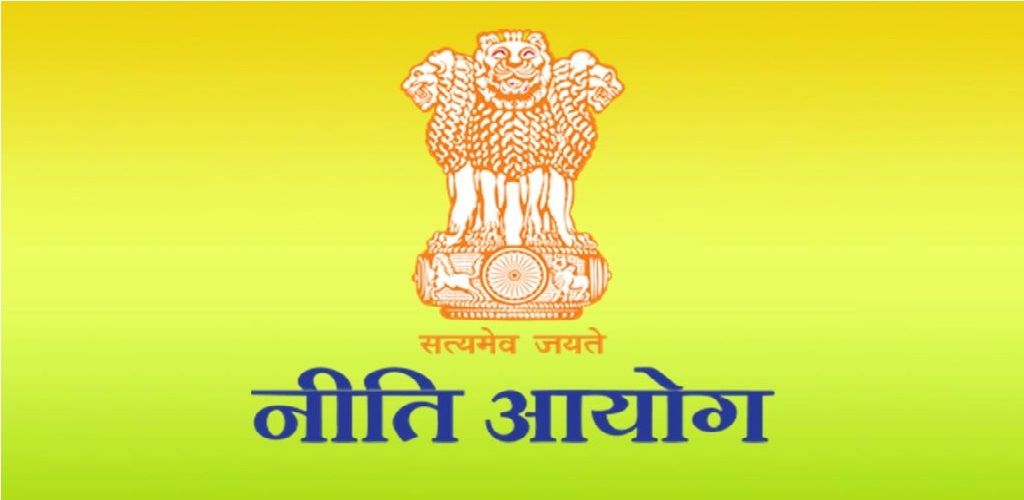Imagine it’s December 3, 1984, and you’re living in Bhopal, India!
What follows is the release of toxic methyl isocyanate gas from the Union Carbide plant. It’s blinding and choking its victims, claiming thousands of lives.
Now fast forward to the aftermath!
The survivors are experiencing long-term health issues. They’re shaken to the core with the haunting memories of the industrial accident.
The ‘Bhopal Gas Tragedy’ of 1984 showed the importance of strict safety rules for industries and holding companies accountable for their negligence. That’s why India launched the Public Liability Insurance Act of 1991.
The act is legislation designed to impose financial responsibilities on companies/businesses/industries in case of accidents/disasters. It primarily aims to safeguard the public interest and ensure quick help for victims.
In this post, we’ll uncover various aspects of the act, like objectives, important sections, and more, in detail!
Bhopal Gas Tragedy: The Major Reason Behind The Enactment Of Act
The tragedy killed more than 3,000 people and injured many showcasing how dangerous industrial accidents can be.
The Government of India has enacted necessary regulations to prevent such disasters in the future.
- In 1986, the Environmental Protection Act was launched, giving the government the power to close hazardous plants.
- The Factories Act of 1987 and the Hazardous Waste Act of 1989 regulated businesses, ensuring the safe handling of hazardous materials.
- Then, in 1991, the Public Liability Insurance Act was passed, which states that business/factory owners must obtain insurance to cover any losses/damages at their premises.
3 Key Objectives Of Public Liability Insurance Act, 1991
The act has played an important role in shaping India’s response to industrial accidents. Its main objectives are:
- Protection Of Public Interests: The act protects the public interest by holding companies accountable for their actions or negligence. It makes sure that industrial accidents bear economic consequences.
- Immediate Assistance & Timely Compensation: Public Liability Insurance is compulsory insurance for business owners. By making it mandatory, the act ensures that victims are compensated immediately. It reduces victims’ financial burden and helps them seek fair justice.
- Promoting Safety: The act also encourages companies to prioritize safety measures and risk-reduction strategies. This reduces the risk of accidents and harm to the public.
Important Sections & Provisions Of Public Liability Insurance Act 1991
Here are the most important sections of the act:
SECTION 1 (Short Title & Commencement):
This section is like the opening scene of a play for the Public Liability Insurance Act, 1991. It declares the official name of the act and its applicability. It also mentions when the act starts being effective. So, it’s the starting point that gives you the basic details about the law.
SECTION 2 (Definitions):
Section 2 is really important because it explains what certain words mean in the law. It defines terms like “hazardous substance,” “accident,” “owner,” “operator,” and “public liability insurance.”
This helps everyone understand the law better and makes sure everyone uses the same meanings for these words. For example, “hazardous substance” usually means any material that can be dangerous to people, animals, or the environment because of its chemical or physical properties.
SECTION 3 (Liability To Give Relief In Certain Cases On Principle Of No Fault):
According to this section, if someone who isn’t a worker gets hurt or their property is damaged because of an accident, the owner is responsible for helping them out, as listed in the ‘Schedule’.
The person making the claim doesn’t have to prove that the accident was someone else’s fault. This rule makes sure that people who suffer because of accidents with dangerous stuff get paid enough to cover their losses.
SECTION 4 (Duty Of Owner To Take Out Insurance Policies):
This section places a legal obligation on owners or operators handling hazardous substances to obtain public liability insurance.
This insurance must pay for any harm to the public if there’s an accident. The section also specifies how much insurance you need and how to get it.
SECTION 8 (Provisions As To Other Right To Claim Compensation For Death, Etc.):
This part says that if someone dies, gets hurt, or property is damaged because of something covered by the sub-section (1) of section 3, they can still ask for compensation under any other law.
But if the person or company responsible for the accident has to pay compensation under both laws, the amount of such compensation will be reduced by a certain amount as specified in the section.
SECTION 18 (Cognizance Of Offences):
This rule says that no court can deal with a problem under this law unless:
- The Central Government or someone authorized by them complains about it, or
- Someone who wants to complain about the problem has already told the Central Government or their authorized person about it at least sixty days before.
SECTION 21 (Advisory Committee):
This section states that the Central Government can form a group called the ‘Advisory Committee’ whenever they need advice about the insurance policy in this law.
The committee will have:
- Three officers from the Central Government,
- Two people from insurance companies,
- Two people who are owners of something covered by the law,
- Two experts in insurance or hazardous substances, chosen by the Central Government.
Moreover, the Central Government must pick one of its own members to be the chairman of this committee.
Key Powers Offered By Public Liability Insurance Act, 1991
The Public Liability Insurance Act of 1991 grants authorities important powers to ensure compliance and public safety in industrial accidents involving hazardous substances:
- Power To Call For Information: This lets officials ask for important information from people or businesses covered by the law. It helps check if they’re following safety rules and have the right insurance. This information helps in investigating incidents and identifying risks.
- Power Of Entry & Inspection: Officials can go into places covered by the law to check if they’re safe and following rules. They check if safety measures are in place, rules are followed, and insurance is there or not. The regular checks help spot risks and make owners fix problems in time.
- Power Of Search & Seizure: This allows officials to search for and take important papers or evidence if they suspect someone isn’t following the law. It helps gather proof needed for legal actions. These searches and seizures are done legally and with respect for people’s rights.
- Power To Give Directions: Officials can tell people or businesses to do specific things to follow the law. These directions might include improving safety, getting insurance, or fixing issues found during checks.
- Power To Apply For Court Interventions: In cases of extreme danger, authorities can seek court orders to avoid disasters. It’s a way to solve problems and punish those who break the rules. Courts can order fines, orders to fix problems, or other actions to protect the public.
- Power To Delegate: This lets officials assign certain tasks or powers to others who can help enforce the law. It makes enforcing the law easier by spreading out responsibilities.
- Power To Make Rules: Officials can set detailed rules needed to follow the law. These rules cover things like getting licenses, reporting requirements, and how to enforce the law.
Penalties Under Public Liability Insurance Act, 1991
Breaking the rules mentioned in Sub-Section (1), Sub-Section (2), or Sub-Section (2A), or Sub-Section (2C) of Section 4, or ignoring orders from Section 12 can result in serious consequences. You could be put in jail for at least one year and six months, which may extend to 6 years. Or, you could be liable to pay a fine of at least one lakh rupees or both jail and fine.
If you don’t follow guidelines from Section 9 or orders from Section 11, or if you stop officials from doing their job under Sections 10 and 11, you could go to jail for up to three months, be fined up to ten thousand rupees, or both.
Offenses Under Public Liability Insurance Act, 1991
Under the Public Liability Insurance Act of 1991, companies and government departments can be held liable for offenses.
Offenses committed by companies include not having required liability insurance, ignoring safety regulations, failing to follow issued guidelines, and more. Such offenses are subject to penalties ranging from a fine to imprisonment depending on the severity of the violation and the frequency of non-compliance.
Similarly, government departments are also subject to the provisions of the act. Offenses committed by government agencies may include noncompliance with laws, failure to maintain safety standards, and negligence in monitoring hazardous activities, to name a few.
Frequently Asked Questions
Listed below are the frequently asked questions related to Public Liability Insurance Act. Let’s discuss them in detail!
Owners of establishments handling hazardous substances, like factories or industries, are required to have liability insurance under this act.
The act covers industrial accidents involving hazardous substances, including gas leaks, chemical spills, explosions, and other harmful incidents.
Yes, individuals impacted by industrial accidents can file compensation claims under the act for injuries, medical expenses, lost income, and other damages.
No, all establishments dealing with hazardous substances must comply with the act, regardless of their size.
Premiums are determined based on factors like the type of substances used in the business/company/factory, risk levels, and past incident history.
Yes, accidents involving hazardous substances must be reported to regulatory authorities within a specified timeframe to avoid penalties. Check the official website of the Public Liability Insurance Act, 1991 for more information.
Yes, companies have the right to appeal penalties imposed under the act. If they want they can make the authorities reconsider the grounds for penalties.
Yes, the act applies to accidents involving hazardous substances at all stages, including transportation and storage.

